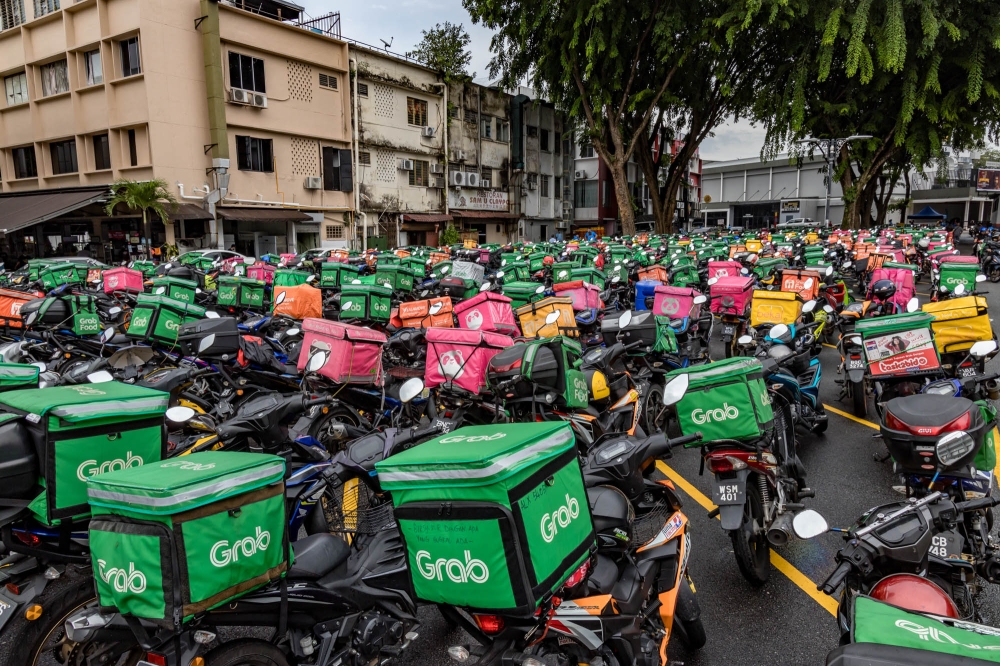KUALA LUMPUR, Aug 28 — A long-awaited and much-needed law — the Gig Workers Bill 2025 — was approved by Parliament today.
With the passing of this Bill, more than 1.2 million Malaysians who earn their livelihoods through the gig economy will now have their welfare protected.
The new law formally recognises gig workers as a distinct category of the labour force — neither traditional employees nor independent contractors — and introduces statutory safeguards through mandatory written service agreements between workers and contracting entities.
Human Resources Minister Steven Sim Chee Keong, in his winding-up speech, said the law finally addresses long-standing “kelompangan” (gaps) in labour protection.
“For far too long, 1.2 million Malaysians in the gig sector have been working daily without proper protection, as if their contributions to the economy did not deserve recognition. This bill ends that injustice,” Sim told the Parliament today.
As of the first quarter of 2025, Malaysia’s total labour force stood at 16.7 million, with 3.45 million people engaged in informal work — representing 20.65 per cent of total employment.
Within this group, about 1.2 million are gig workers and self-employed individuals.
According to the Social Security Organisation (Socso) records, 133,481 workers are contributing under the p-hailing sector and 189,450 under the e-hailing sector via the Self-Employment Social Security Act 2017.
The legislation covers a wide spectrum of gig workers, from e-hailing and p-hailing drivers to freelancers and digital content creators.
Under the new law, all platforms and companies engaging gig workers — including Grab and Foodpanda — must provide contracts that clearly state minimum standards for payment terms, working arrangements, insurance coverage and termination procedures.
To curb unfair practices, the Bill prohibits unilateral rate changes, arbitrary account deactivations and restrictions on multi-platform work.
It also establishes a Gig Workers Tribunal with powers to resolve disputes and order remedies such as reinstatement, compensation or the payment of outstanding wages.
“For the first time, workers will have the right to be heard before any suspension.
“If found not at fault, they will be compensated with half of their average daily earnings — a protection previously unavailable,” he said.
The initiative traces back to March 2024, when the Ministry of Human Resources received a mandate from Prime Minister Datuk Seri Anwar Ibrahim to design a protection framework for gig workers.
Working with Universiti Malaya, the ministry developed a policy model and consulted widely — across federal ministries, state governments in Sabah and Sarawak, and through nearly 40 engagement sessions nationwide involving about 4,000 stakeholders, from gig workers and platform companies to trade unions, academics and non-governmental organisations.
The draft was even presented at the ILO’s Technical Committee on Decent Work in the Platform Economy in Geneva, ensuring it aligns with international standards.
“This bill is not a product of imagination within an ivory tower. It is built from the voices and aspirations of the rakyat, especially gig economy stakeholders,” Sim said.







